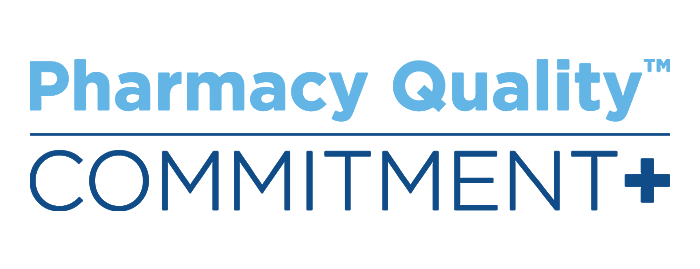Complete Story
IMMUNIZATION UPDATE from CDC
CDC releases guidance on current Influenza Vaccine Status
CDC releases guidance on current Influenza Vaccine Status: Interim Influenza Vaccination Recommendations: 2004-05
http://www.hhs.gov/news/press/2004pres/20041005b.html
On October 5, 2004, CDC was notified by Chiron Corporation that none of its influenza vaccine (Fluvirin®) would be available for distribution in the United States for the 2004-05 influenza season. The company indicated that the Medicines and Healthcare products Regulatory Agency (MHRA) in the United Kingdom, where Chiron's Fluvirin vaccine is produced, has suspended the company's license to manufacture Fluvirin vaccine in its Liverpool facility for 3 months, preventing any release of this vaccine for this influenza season. This will reduce by approximately one half the expected supply of trivalent inactivated vaccine (flu shot) available in the United States for the 2004-05 influenza season.
The remaining supply of influenza vaccine that is expected to be available in the United States this season is about 54 million doses of Fluzone®, manufactured Aventis Pasteur. Of these doses, approximately 30 million doses already have been distributed by Aventis Pasteur. In addition, approximately 1.1 million doses of live attenuated influenza vaccine (LAIV/Flumist®) manufactured by MedImmnune will be available this season.
Because of this urgent situation, CDC, in coordination with its Advisory Committee for Immunization Practices (ACIP), is issuing interim recommendations for influenza vaccination during the 2004-05 season. These interim recommendations were formally recommended by ACIP on October 5, 2004 and take precedence over earlier recommendations.
APhA strongly encourages pharmacists and their contractors who are in possession of influenza vaccine to ensure that the vaccine is administered to patients at greatest risk of complications if they get the flu, in accordance with CDC guidelines. A list of those individuals appear below and can be found at :
http://www.hhs.gov/news/press/2004pres/20041005b.html
Who Should Be Vaccinated With the Flu Shot This Season
Priority groups for vaccination with inactivated influenza vaccine this season are:
- all children aged 6-23 months,
- adults aged >65 years,
- persons aged 2-64 years with underlying chronic medical conditions,
- all women who will be pregnant during influenza season,
- residents of nursing homes and long-term care facilities,
- children 6 months-18 years of age on chronic aspirin therapy,
- health-care workers with direct patient care, and
- out-of-home caregivers and household contacts of children aged < 6 months.
Other Vaccination Recommendations - Healthy persons who are 5-49 years of age and not pregnant, including health-care workers (except those who care for severely immunocompromised patients in special care units) and persons caring for children aged < 6 months should be encouraged to be vaccinated with intranasally administered live, attenuated influenza vaccine.
- Persons in priority groups identified above should be encouraged to search locally for vaccine if their usual health-care provider does not have vaccine available.
- Many children aged < 9 years require two doses of vaccine if they have not previously been vaccinated. All children at high risk of complications from influenza, including those aged 6-23 months, who present for vaccination should be vaccinated with a first or second dose, depending on vaccination status. However, doses should not be held in reserve to ensure that two doses will be available. Rather, available vaccine should be used to vaccinate persons in priority groups on a first come first serve basis.
Vaccination of Persons in Non Priority Groups - Persons who are not included in one of the priority groups above should be informed about the urgent vaccine supply situation and asked to forego or defer vaccination.
Who Should Not Get Flu Vaccine
People in the following groups should not get flu vaccine before talking with their doctor: - People who have a severe allergy (i.e. anaphylactic allergic reaction) to hens' eggs
It is prudent to avoid vaccination in people who previously developed Guillain-Barré syndrome (GBS) the 6 weeks after getting a flu shot
For more information, visit www.cdc.gov/flu
For further information contact Mitchel C. Rothholz, APhA, Vice President, Professional Practice at mrothholz@aphanet.org (202-429-7549)
Other resources:
CDC has information on its website about non-vaccine strategies for reducing risk of flu:
http://www.cdc.gov/germstopper/ http://www.cdc.gov/germstopper/home_work_school.htm
http://www.cdc.gov/flu/protect/covercough.htm
Brought to you by the American Pharmacists Association


